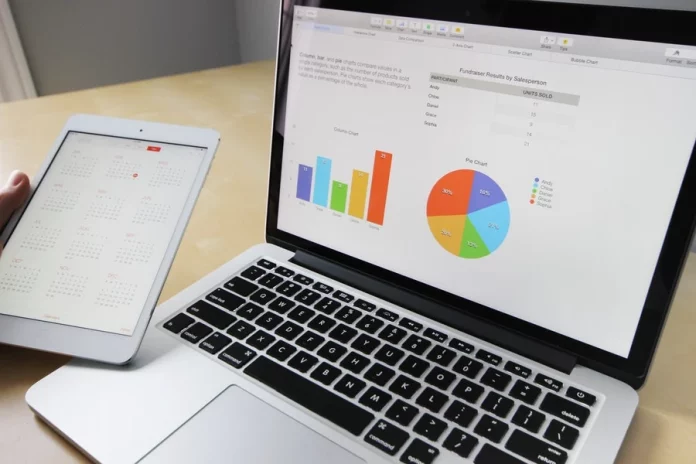When couples’ share joint financial accounts, a lot of trust is involved, and it’s generally expected that each partner will consult each other before making financial decisions. It requires honesty and transparency from both partners, and financial problems are cited as a major contribution to divorce.
If you share joint finances with a partner, but suspect they aren’t playing fairly, what are some warning signs to look out for?
1. Your Cash On-Hand Doesn’t Add Up To Your Spreadsheets
If you and your partner use spreadsheets or other running tallies of your financial situation, and your cash on-hand doesn’t match up to what you should be holding, something might be wrong.
It’s easy for little daily purchases to quickly add up and leave you wondering “where’d our money go?” – a bottle of Coke here, a sandwich and chips there – but if you can’t put the numbers together and see that the discrepancy is sizable, it could be a sign your partner isn’t telling you everything.
This is a good reason to keep a running tab of every purchase made, even the small things. An argument over $50 can quickly be resolved by calculating all the little coffee and sandwich trips to 7-Eleven, so you can see the full picture.
If, on the other hand, there’s still money missing after every little purchase has been accounted for, you have good reason to suspect that your partner is hiding something.
2. Special Delivery Instructions Or Intercepting Delivery Drivers.
According to GetCircuit’s financial infidelity report, 38% of secret spenders admit to giving the delivery driver specific instructions, while 25% admit to intercepting the delivery driver. As more people turn to the convenience of pickup and drop-off-points (PUDOs), and out-of-home points (OOHs).
For example, they might have their items delivered to a private locker, or a pick-up point at a retail store.
For those who intercept delivery drivers, typically they will make special instructions to the driver (usually related to a special purchase), and use an out-of-home pick-up option (like at a UPS store), with instructions for the driver to call back if the delivery doesn’t go as planned.
3. They Don’t Have Receipts For New Purchases.
If you and your partner give each other relative freedom to make purchases within reasonable limits, but they don’t have receipts to show for their latest purchase, it’s a warning sign.
For example, they might tell you they bought a new cellphone for only $250 – but if it looks like it’s the latest model with all the bells and whistles, and they don’t have a receipt to show for it, it probably cost a bit more than what they told you.
Another trick is saying they bought something second-hand and got a great deal on it – which conveniently provides an alibi for not having any receipt.
If you notice that your partner can’t provide any receipt, or consistently doesn’t have receipts for new purchases, you should probably talk about it.
4. Bill Collectors You Don’t Recognize Are Calling Or Sending Mail.
This is a major red flag, because it means your partner has been racking up credit debt and, even worse, hasn’t been making payments on time.
People who rack up debt without acknowledging it or paying it back are rarely honest with themselves, so if your partner is consistently taking out loans or making credit card purchases without informing you, that’s a sign they have a problem, or even a shopping addiction.
Even worse is that if you’re married, both partners are liable for the debt incurred, depending on the state, and therefore you could be on the hook for the debt you don’t know about. This could have serious ramifications for your joint finances, and for your relationship as well.












